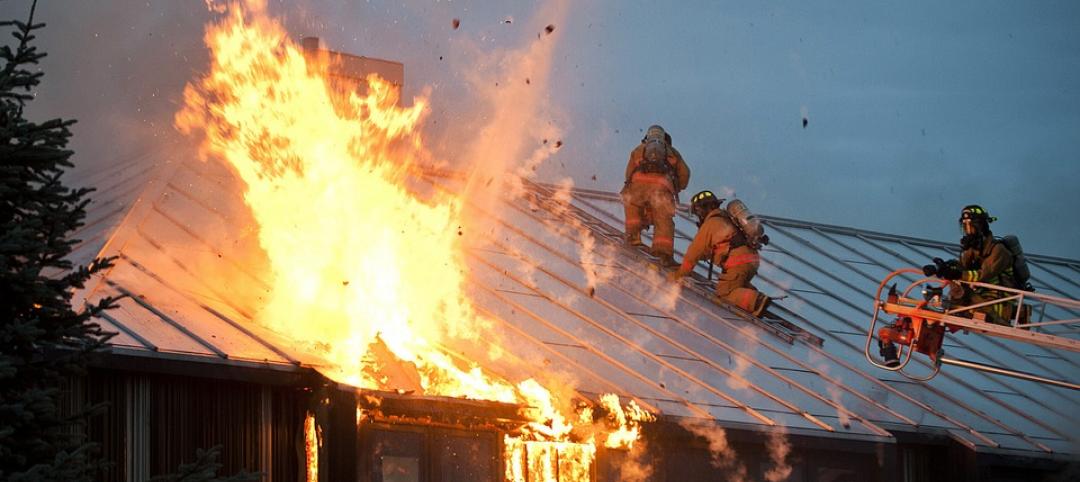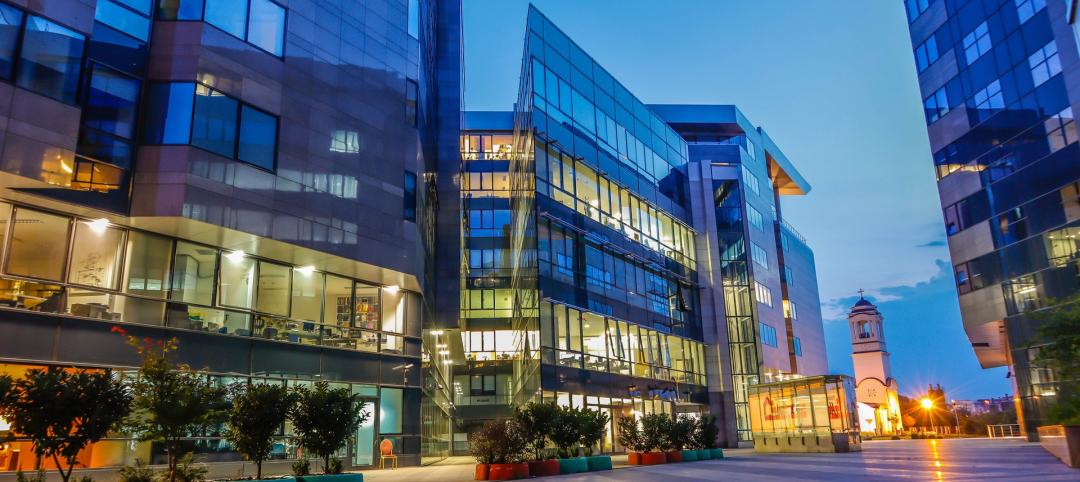The most obvious benefit to slower speed limits in cities is improved safety. Fewer crashes and injuries including collisions with bicycles can be expected.
But there are other several other possible gains that can be realized by forcing drivers to slow down on congested city streets, according to a recent CityLab article. Ironically, one might be to enable people to get around faster.
If separated but narrower travel lanes with 15 mph speed limits that prioritize non-cars are created, more people might opt for electric scooters and bicycles, which can outpace cars in the most congested streets. (The average car in midtown Manhattan creeps along at just 4.7 mph.)
Slower speeds would also make it safer and more practical to deploy autonomous vehicles. Several U.S. cities have reduced speed limits and New York has revived its program to enforce speed limits by cameras in school zones.
Related Stories
Codes and Standards | Jul 29, 2019
ASCE group unveils structural safety database
Confidential reporting on structural failures, near misses, and other incidents.
Codes and Standards | Jul 26, 2019
Floating landscape infrastructure wins top ASCE innovation prize
Climate resiliency a key theme of entrants.
Codes and Standards | Jul 24, 2019
New York making slow progress on resiliency seven years after Hurricane Sandy
Property owners face many challenges; coastal defense project plans are complex and need more time to plan.
Codes and Standards | Jul 23, 2019
Berkeley, Calif. passes nation’s first ordinance to make new buildings all-electric
No gas hook-ups will be allowed in new houses, apartments, and commercial buildings.
Codes and Standards | Jul 22, 2019
San Francisco office building is city’s first structure certified by BREEAM USA for existing buildings
The Landmark @ One Market is one of San Francisco’s most architecturally distinctive buildings.
Codes and Standards | Jul 16, 2019
ASCE seeks comments on update to Calculation Methods for Structural Fire Protection standard
Pertains to fire resistance rating times.
Codes and Standards | Jul 15, 2019
USGBC calls for proposals for feedback, concepts for next LEED version
The move follows successful public input on LEED 4.1.
AEC Tech | Jul 15, 2019
Lack of standards hampers development of exoskeleton industry
Guidelines, common terminology, and testing methodology are needed, says expert.
Concrete | Jul 8, 2019
Concrete repair code requirements released
American Concrete Institute offers guidance on assessment, repair, rehab of existing concrete structures.
K-12 Schools | Jul 8, 2019
Collaborative for High Performance Schools releases 2019 Core Criteria Version 3.0 Update
The update adds credits to lower carbon footprints and to promote climate change resiliency.

















